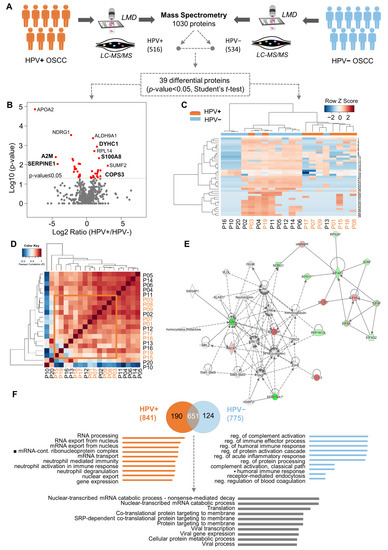Tumor Metabolism and Therapy
A topical collection in Cells (ISSN 2073-4409).
Viewed by 5714Editors
Interests: tumor resistance; pharmacology; molecular toxicology; environmental pollutants; computational toxicology
Special Issues, Collections and Topics in MDPI journals
Topical Collection Information
Dear Colleagues,
As we know, tumor cells have unique metabolism characteristics from normal cells, namely, they highly rely on aerobic glycolysis to supply energy and a carbon source for survival and growth. This phenomenon is called the Warburg effect, which is associated with radio-resistance and chemo-resistance by generating a chemical reduction milieu (radio-resistance) and extracellular acid microenvironment (immunosuppression), activating DNA damage repair, triggering exosome release (expressing resistance protein), etc. In this case, the metabolism-based therapy will become precise and promising, such as glycolytic inhibitors and other energy inhibitors. However, many elaborate mechanisms related to tumor metabolism changes have yet to be solved. Therefore, this Topical Collection focuses on the following items: (1) tumor metabolism mechanisms, (2) tumor resistance, (3) and metabolism-based therapy. We welcome the submission of research and review papers from all over the world.
Dr. Guohui Sun
Prof. Dr. Jianhua Wang
Collection Editors
Manuscript Submission Information
Manuscripts should be submitted online at www.mdpi.com by registering and logging in to this website. Once you are registered, click here to go to the submission form. Manuscripts can be submitted until the deadline. All submissions that pass pre-check are peer-reviewed. Accepted papers will be published continuously in the journal (as soon as accepted) and will be listed together on the collection website. Research articles, review articles as well as short communications are invited. For planned papers, a title and short abstract (about 100 words) can be sent to the Editorial Office for announcement on this website.
Submitted manuscripts should not have been published previously, nor be under consideration for publication elsewhere (except conference proceedings papers). All manuscripts are thoroughly refereed through a single-blind peer-review process. A guide for authors and other relevant information for submission of manuscripts is available on the Instructions for Authors page. Cells is an international peer-reviewed open access semimonthly journal published by MDPI.
Please visit the Instructions for Authors page before submitting a manuscript. The Article Processing Charge (APC) for publication in this open access journal is 2700 CHF (Swiss Francs). Submitted papers should be well formatted and use good English. Authors may use MDPI's English editing service prior to publication or during author revisions.
Keywords
- tumor metabolsim
- Warburg effect
- resistance
- inhibitors








